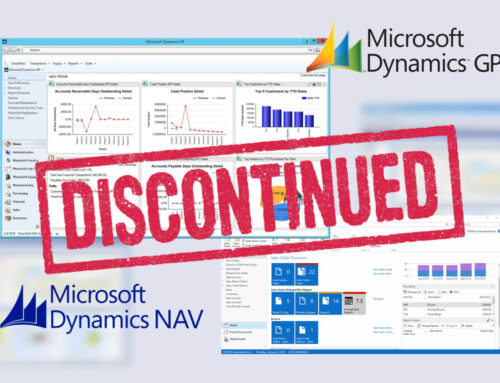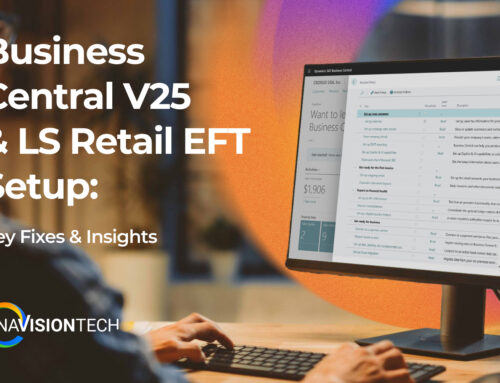Cloud ERP for Small Businesses:
One of the main challenges of small businesses is finding the right software solution for their needs. With so many options on the market, it can be difficult to know which one is the best fit. Another challenge is that small businesses often don’t have the same budget as larger businesses, so they need to be careful about how they spend their money. Deploying and maintaining enterprise software can also be a challenge for small businesses, as they may not have the same resources as larger businesses. Finally, small businesses need to be aware of the risks associated with using cloud-based software, such as data breaches and outages.
What is Cloud ERP?
Cloud ERP is a type of Enterprise Resource Planning (ERP) software that is delivered through the cloud. This is typically subscription-based, meaning that businesses pay a monthly or annual fee to access the software. Cloud ERP can offer several benefits to businesses, including lower upfront costs, increased flexibility and scalability, and the ability to access software from anywhere with an internet connection.
Is good for small businesses?
Cloud-based ERP (enterprise resource planning) systems can be a good option for small businesses. Cloud-based ERP systems can provide small businesses with many of the same benefits as larger businesses, including the ability to manage their finances, inventory, and operations in one integrated system.
Additionally, cloud systems are typically easier and faster to implement than on-premises systems, making them a good option for small businesses that may not have the resources or expertise to set up and maintain an on-premises system. Furthermore, cloud-based ERP systems can be more cost-effective than on-premises systems, as they typically have lower upfront costs and require less IT support. Overall, cloud-based ERP systems can be a valuable tool for small businesses looking to improve their efficiency and agility.
What are the benefits?
There are several benefits of using cloud-based ERP (enterprise resource planning) systems. Some of the key benefits include:
-
Accessibility: Cloud-based ERP systems can be accessed from anywhere with an internet connection, allowing users to work from any location and allowing for greater collaboration and flexibility.
-
Ease of implementation: Cloud-based ERP systems are typically easier and faster to implement than on-premises systems, as they do not require the installation and maintenance of hardware and software.
-
Scalability and flexibility: Cloud-based ERP systems can be more scalable and flexible than on-premises systems, making it easier for businesses to add new users or functionality as their needs evolve.
-
Cost-effectiveness: Cloud-based ERP systems can be more cost-effective than on-premises systems, as they typically have lower upfront costs and require less IT support.
-
Improved security: Cloud-based ERP systems are typically more secure than on-premises systems, as they are managed by experienced professionals who use the latest security measures to protect data.






Leave A Comment